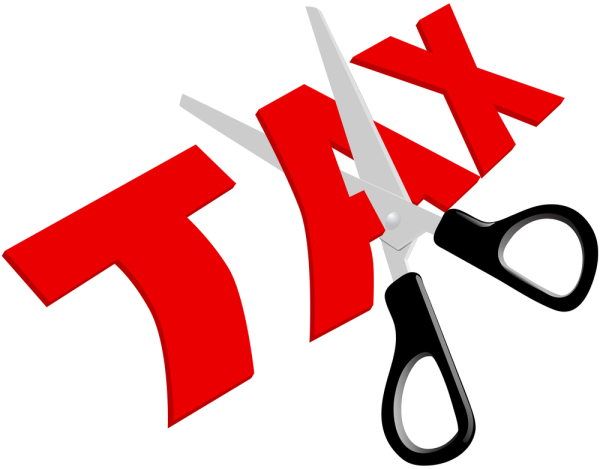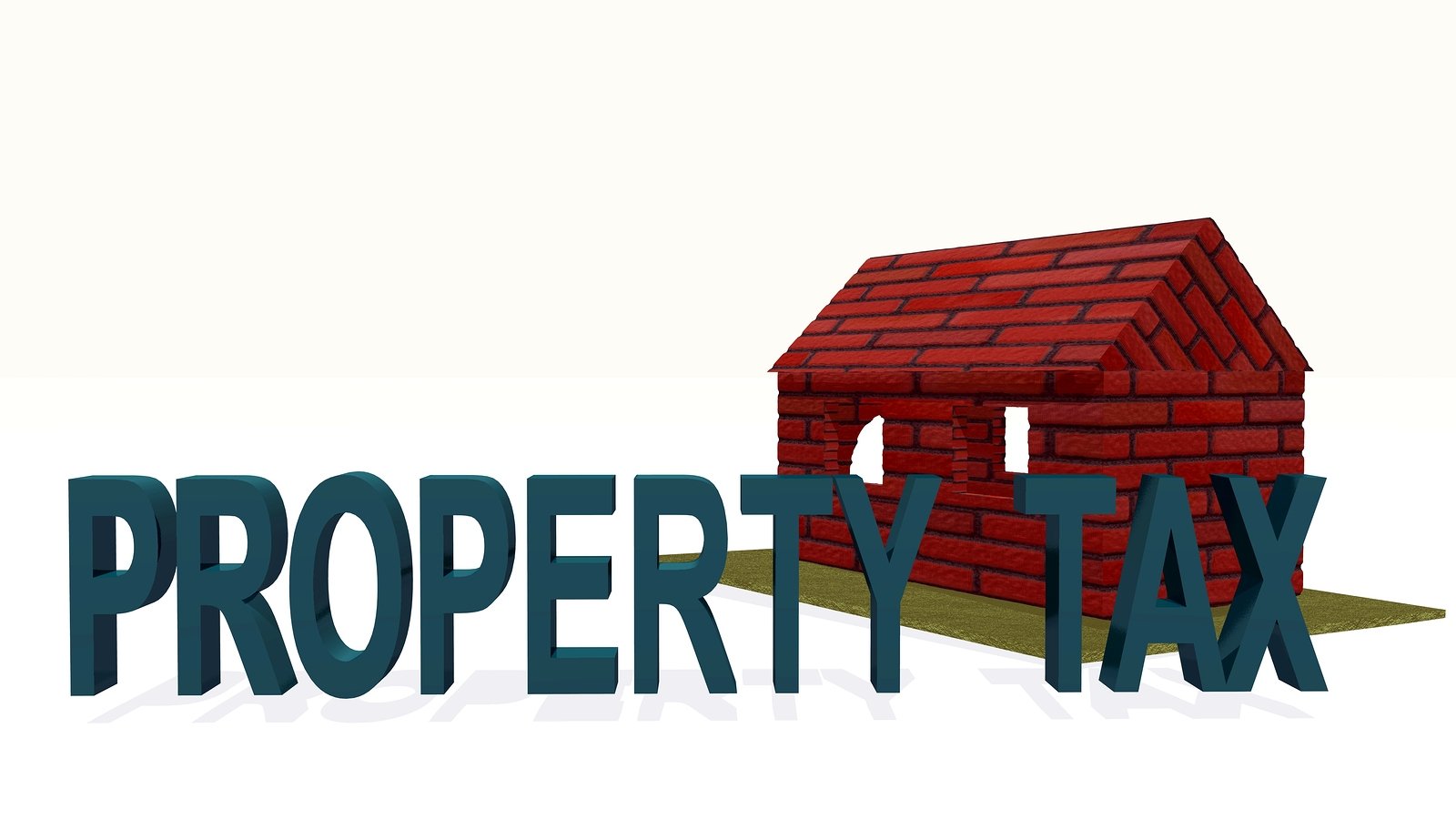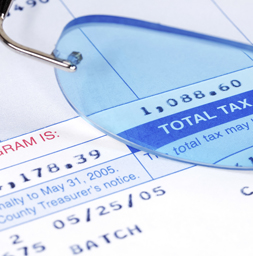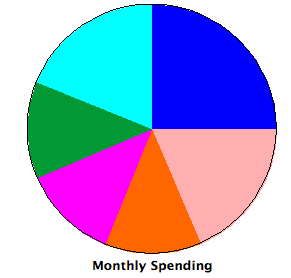When appealing your property tax assessment for an income producing property there are some expense items that you should not include in your income approach to value. The Appraisal Institute defines operating expenses as the periodic expenditures necessary to maintain the real property and continue the production of the effective gross income. Operating expenses can be fixed expenses that do not vary with occupancy, or variable, which generally vary with the level of occupancy or the extent of services provided. They include management charges, leasing commissions, utilities, heat and air conditioning, general payroll, cleaning, maintenance and repair of structure, decorating, grounds and parking area maintenance, security, supplies, rubbish removal and exterminating.
There are non-operating expenses that you might be tempted to use in your income approach but the tax assessor will throw them out, or tell the board of equalization that you are including non-operating expenses. Some of these non-operating expenses are expenses that the IRS allows on your tax return, which causes some confusion.



-resized-600.jpg)
